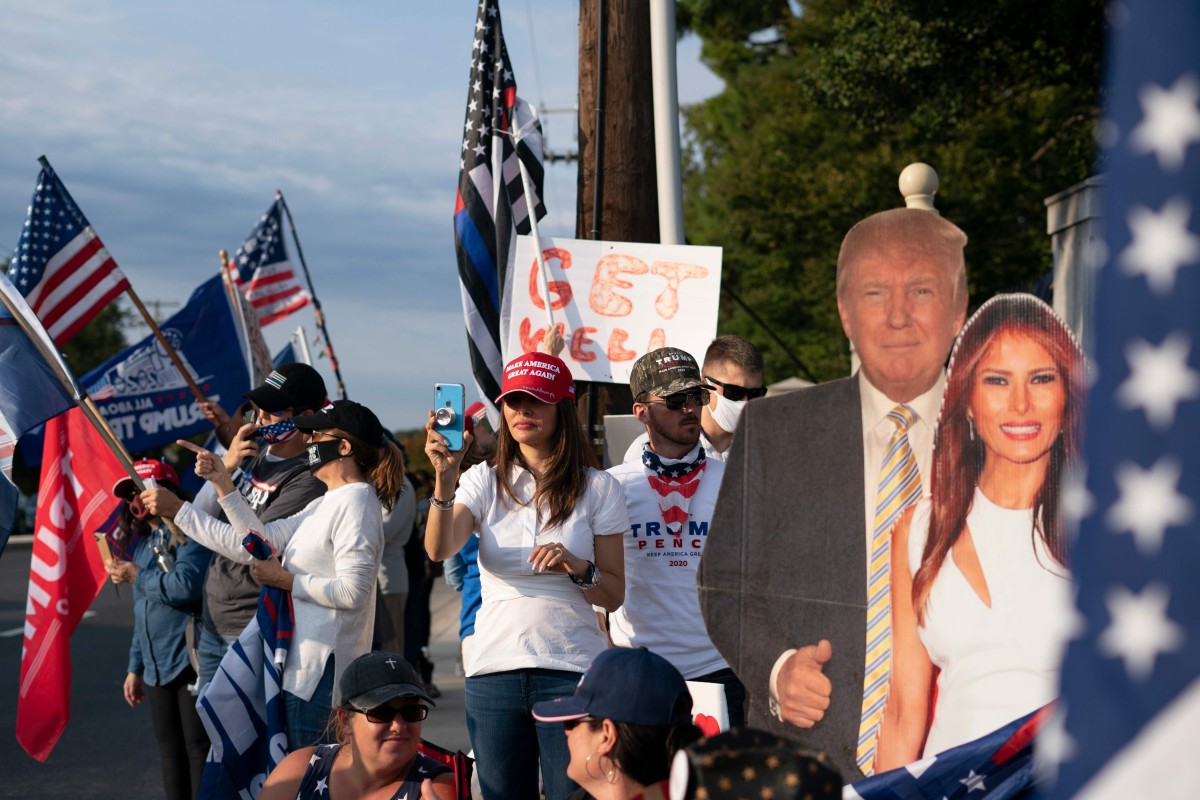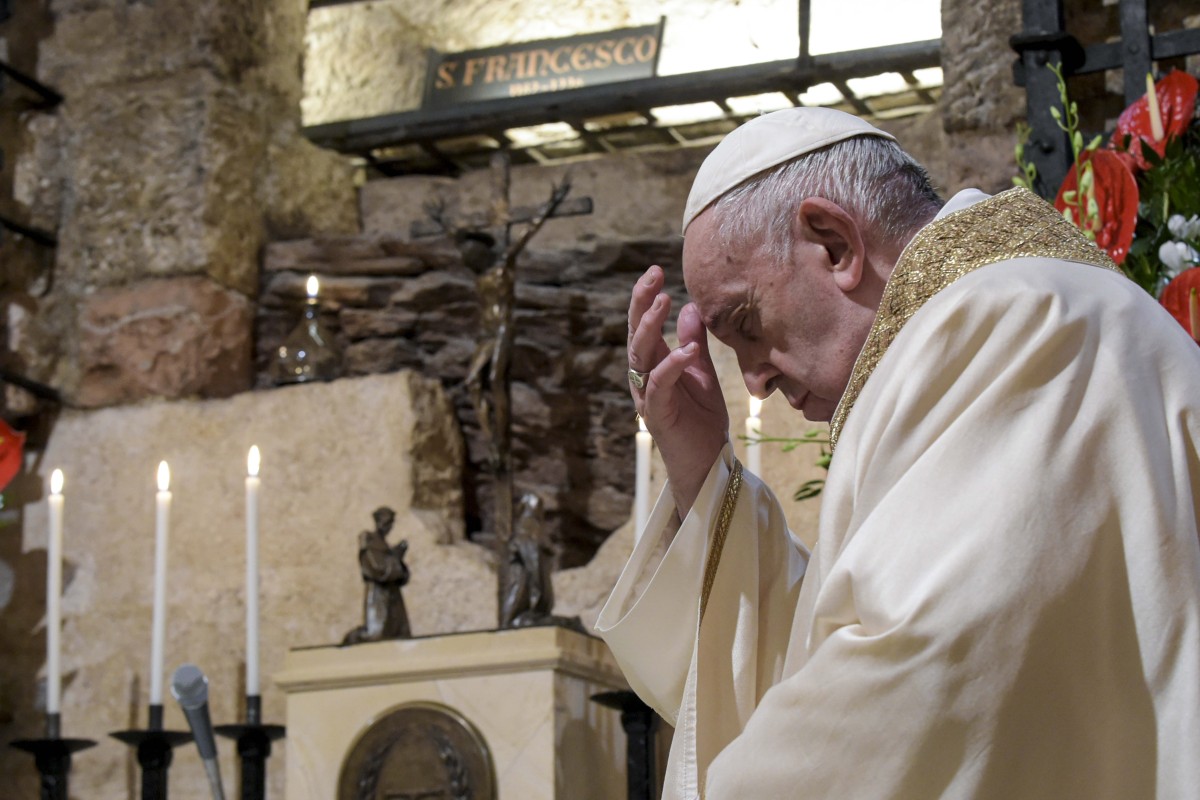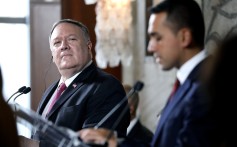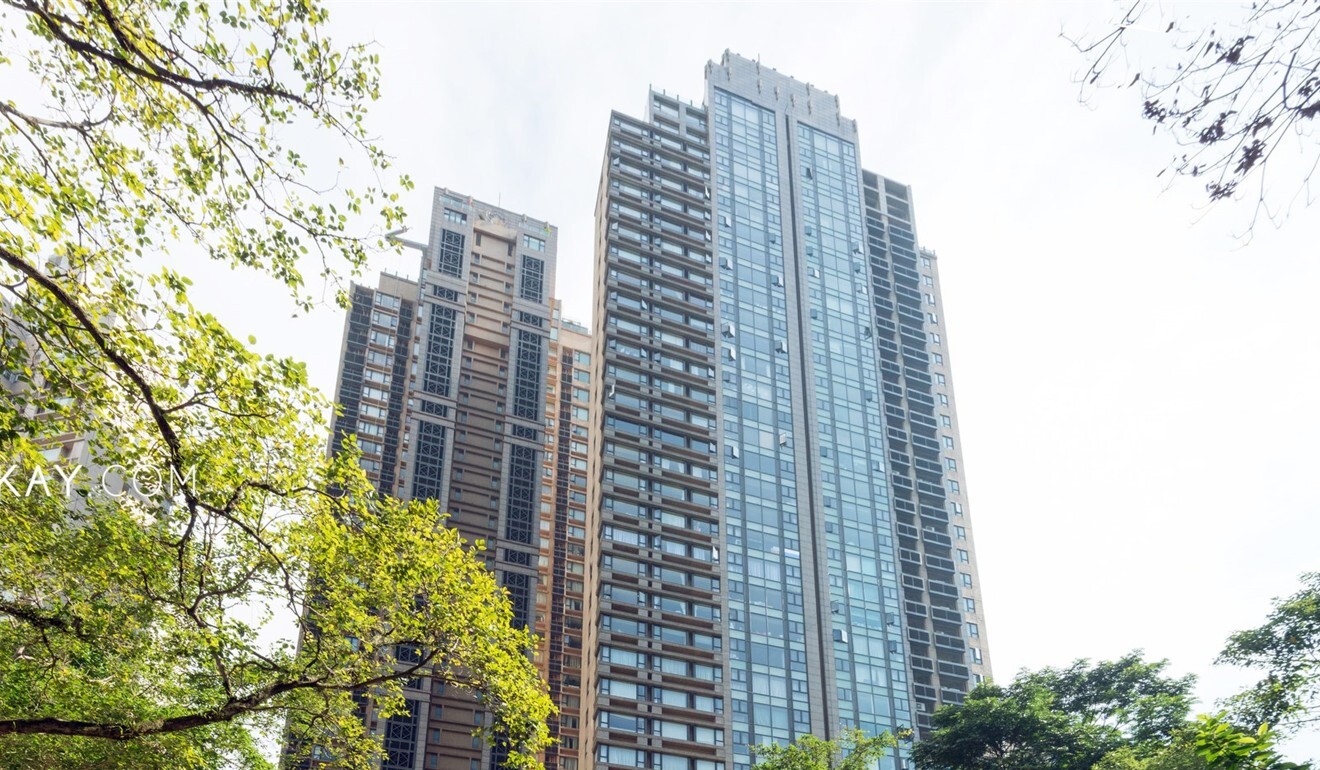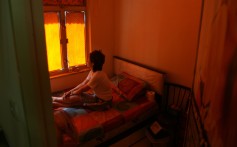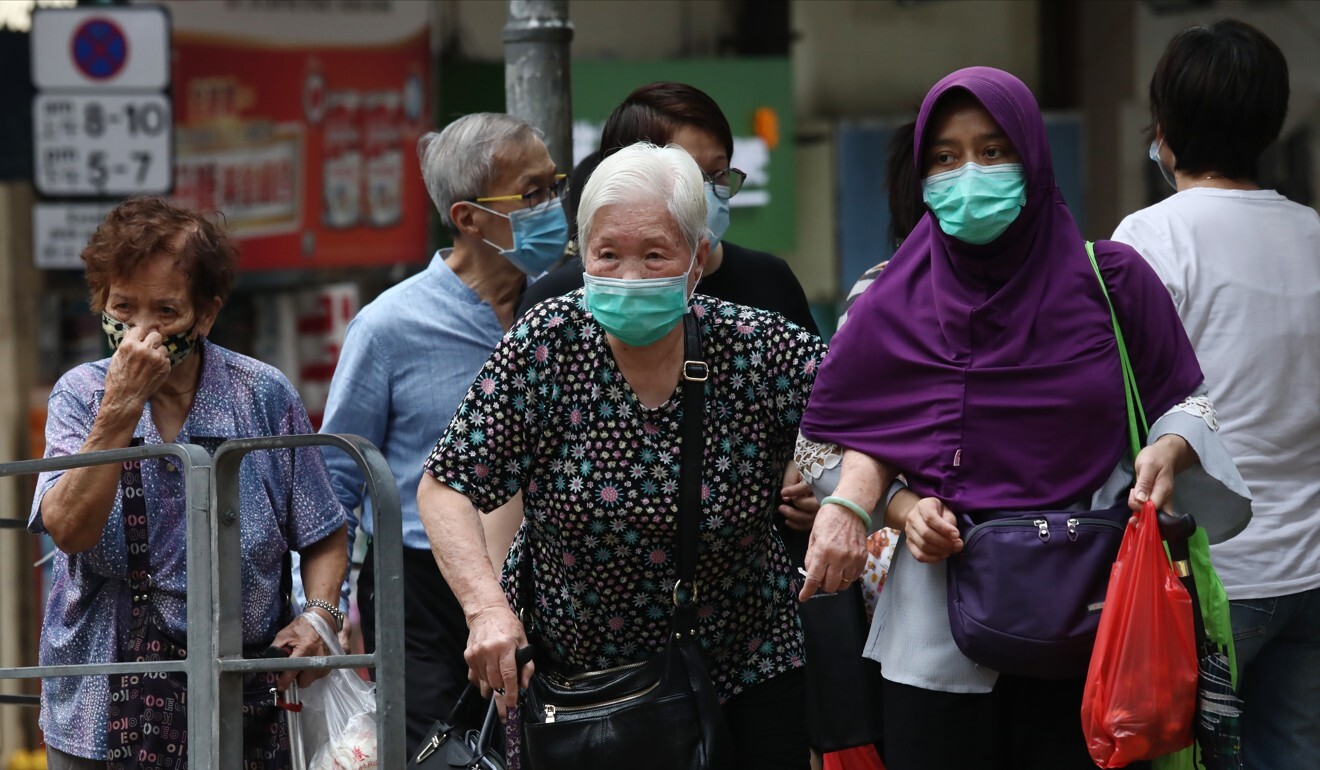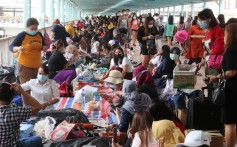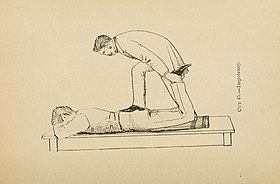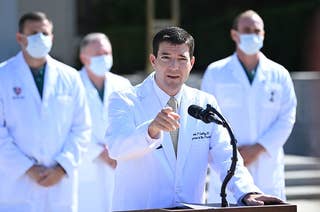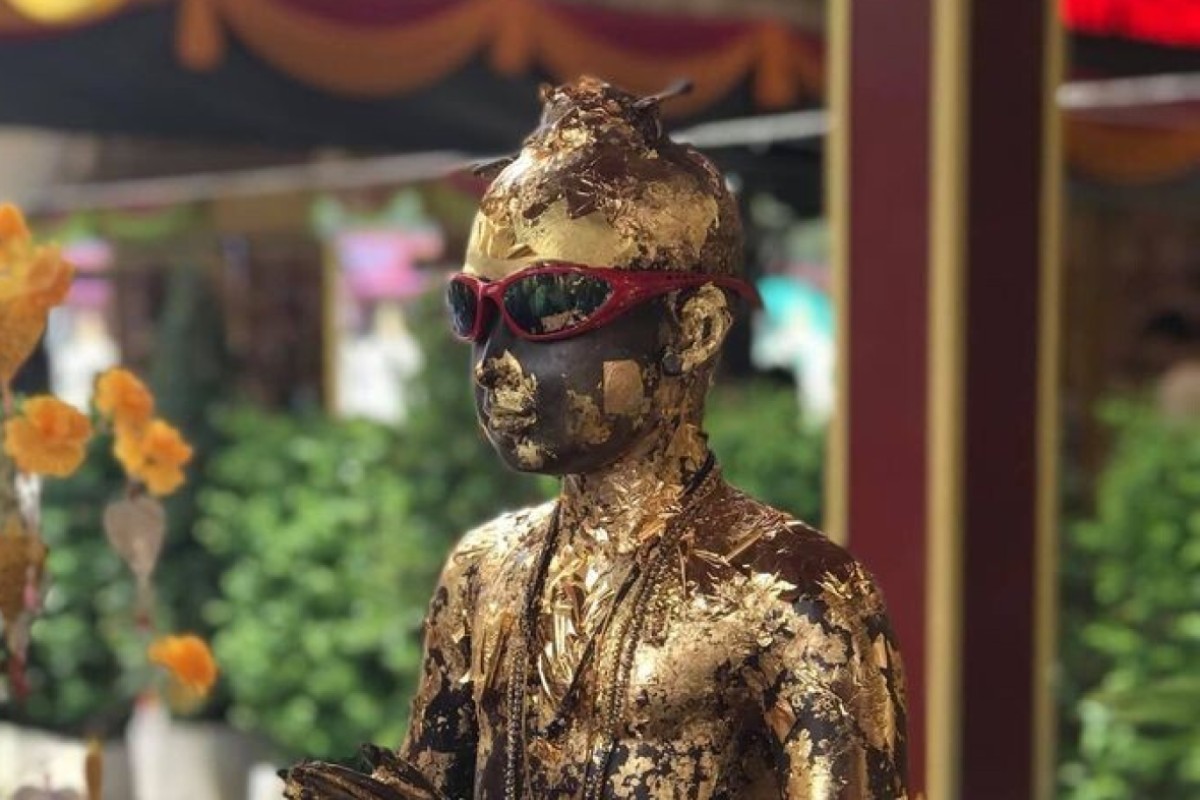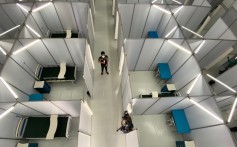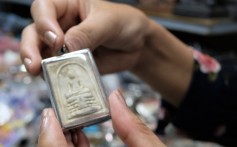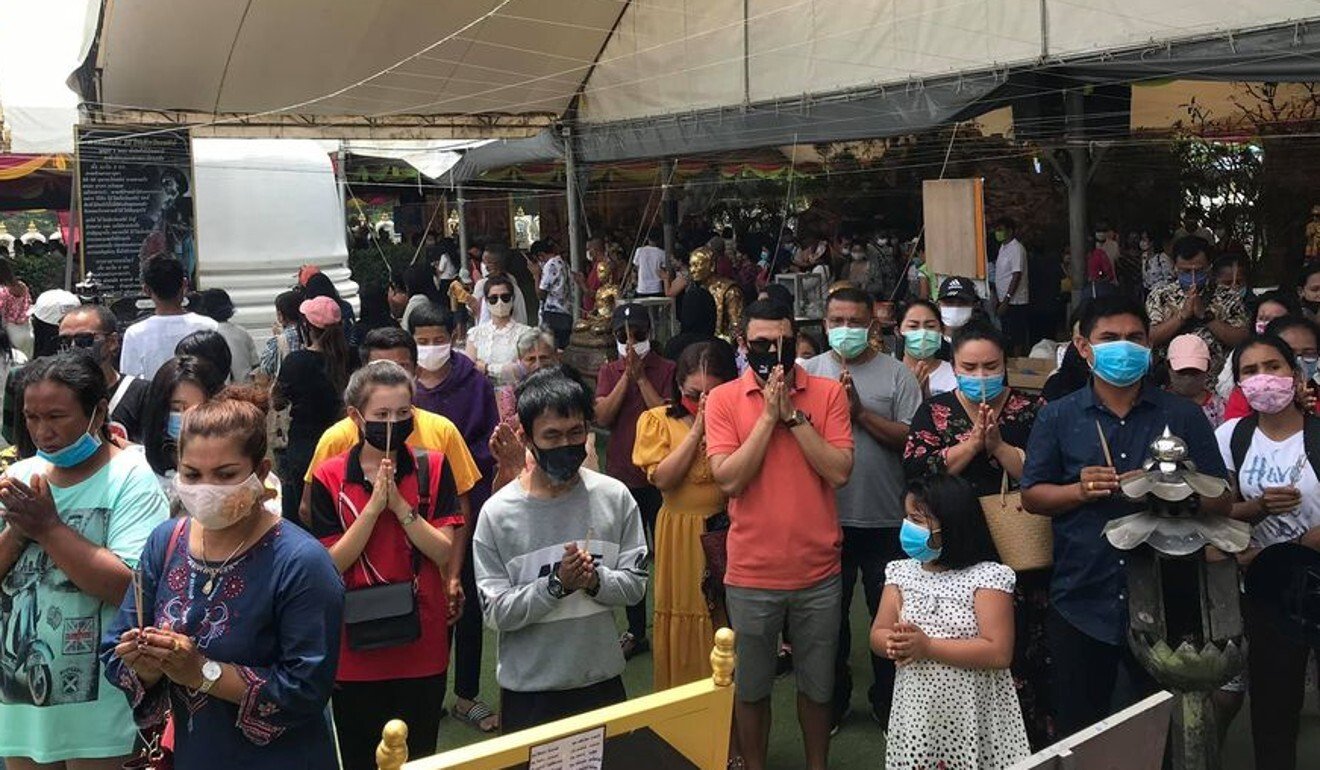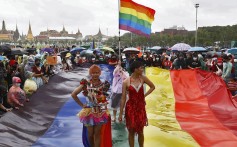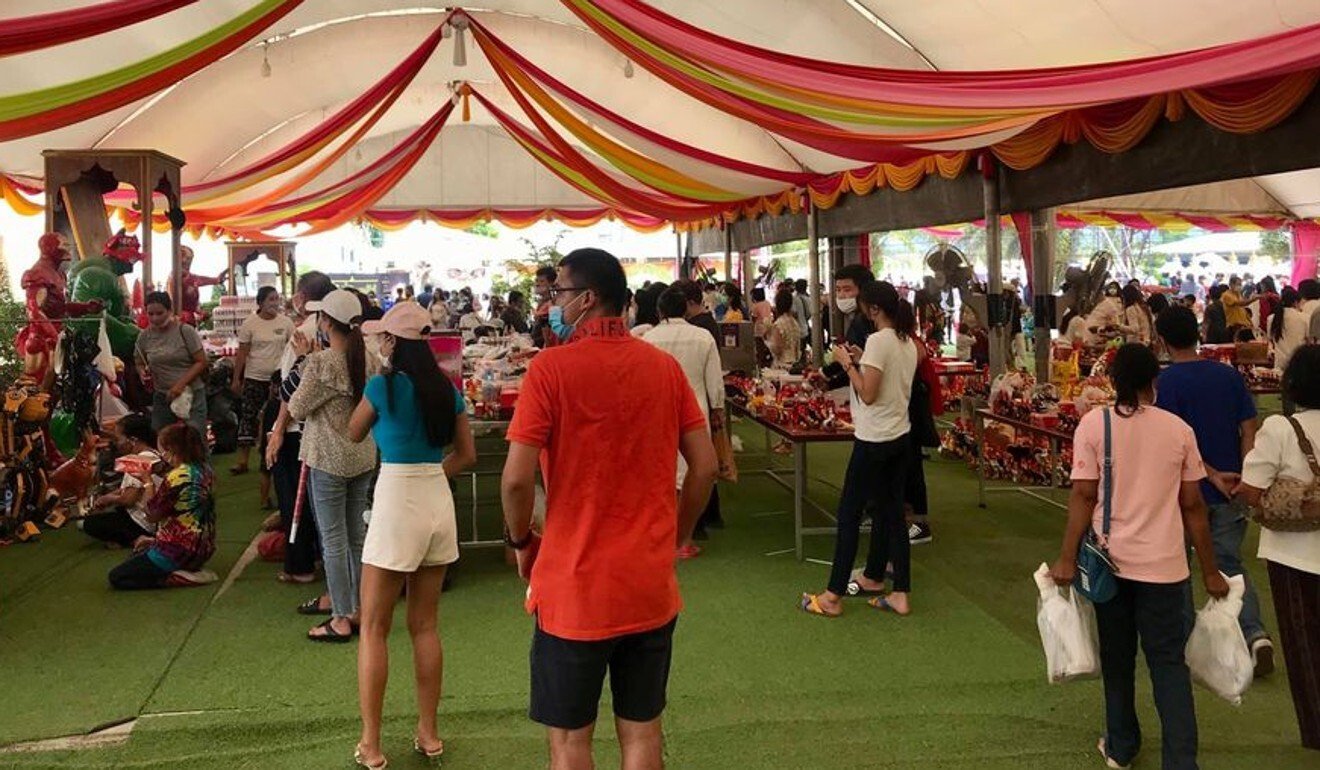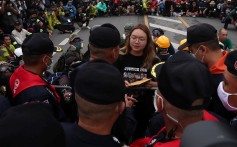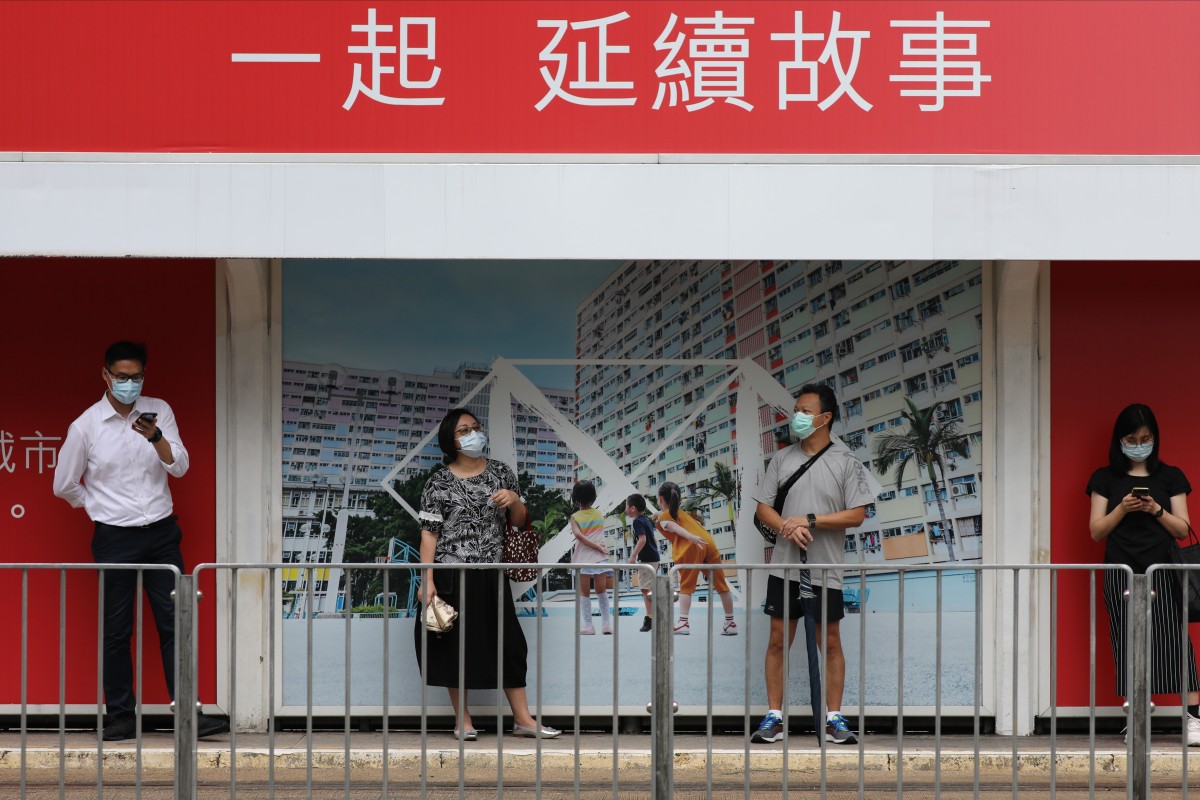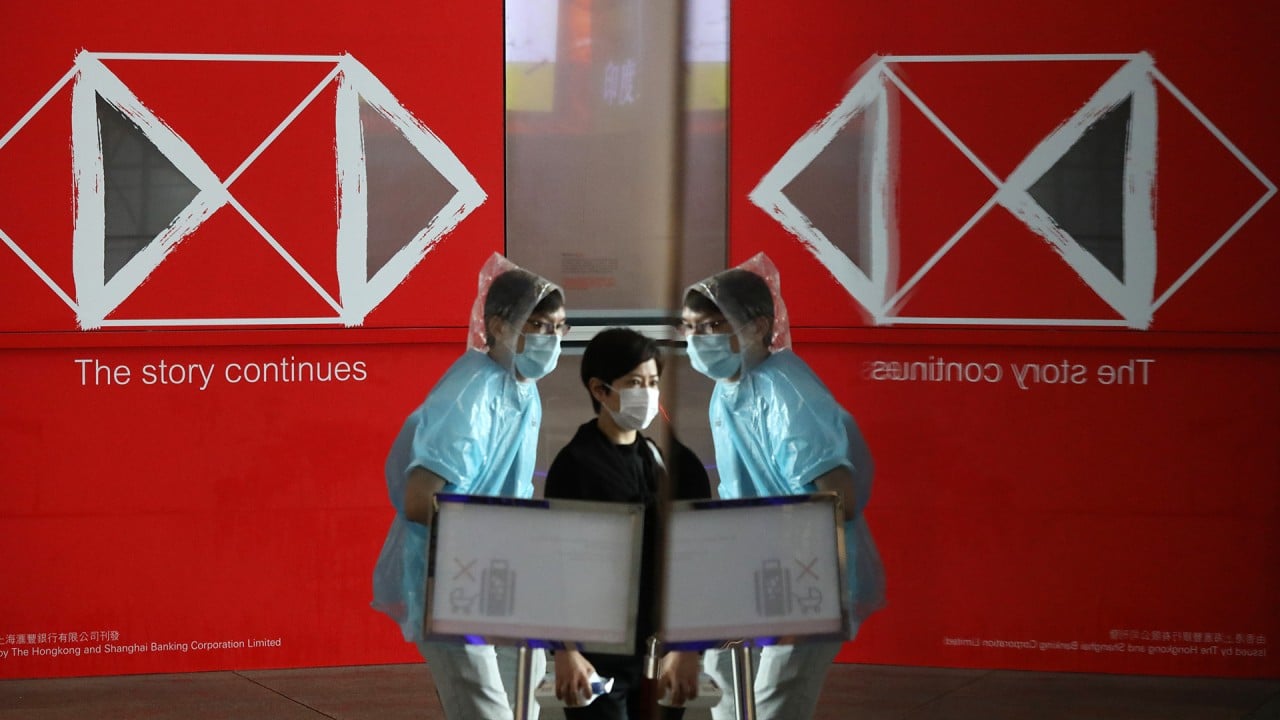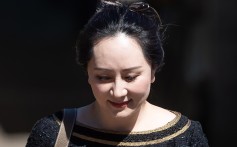Asian governments are worried about a possible leadership vacuum in the White House if the US President falls seriously ill or there is a delay in the election
Newspapers across the region splashed Trump’s diagnosis across their front pages with one West Australian tabloid using the headline ‘Life’s a bleach’
Kok Xinghui and Dewey Sim in Singapore
Published: 3 Oct, 2020
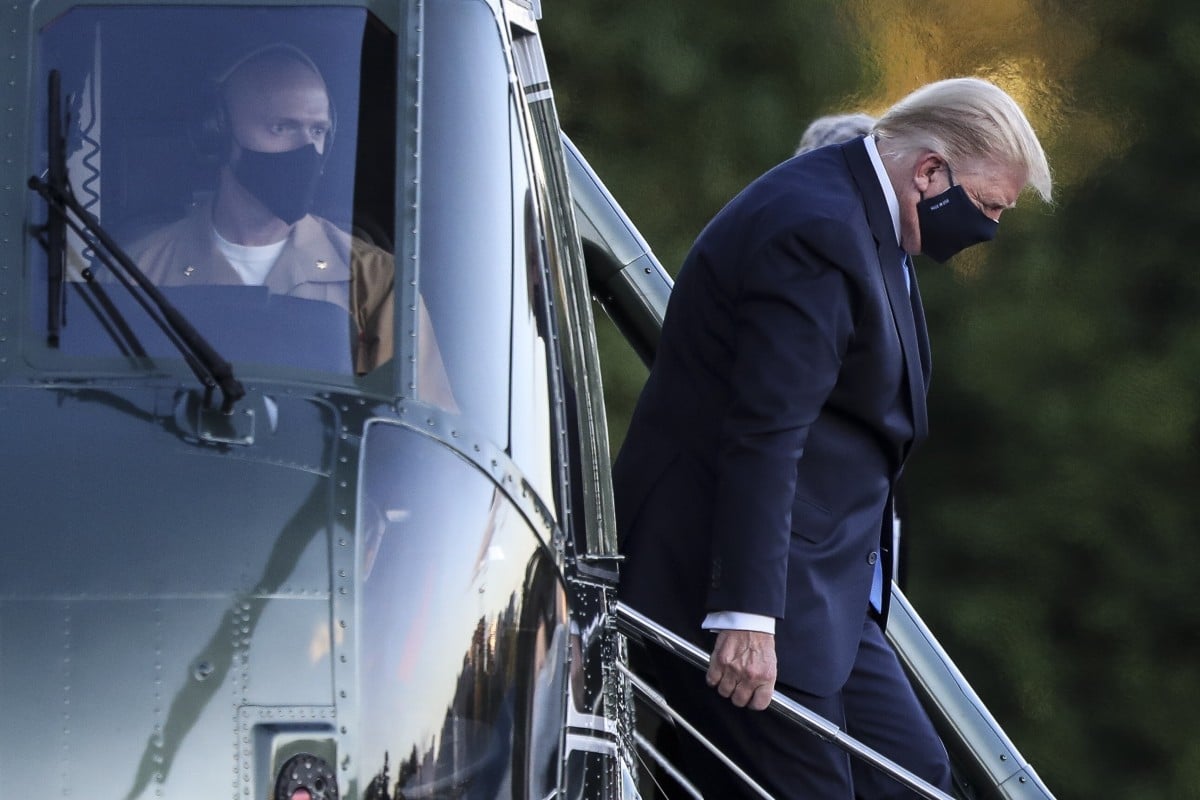
US President Donald Trump disembarks from the Marine One helicopter as he arrives at Walter Reed National Military Medical Center on Friday following his diagnosis with coronavirus. Photo: EPA
US President Donald Trump’s Covid-19 diagnosis on Friday has sparked concern across Asia about the possibility of the US election in November being delayed and a leadership vacuum in the White House if he falls seriously ill.
The US has never delayed an election before and the decision lies with Congress, but analysts say given the partisan divide, it seems unlikely that Republicans and Democrats would be able to come to an agreement on postponing the election date.
In South Korea, the administration of President Moon Jae-in, is probably preparing a Plan B for Seoul-Washington relations in case Democratic presidential candidate Joe Biden wins the upcoming election, said Choi Kang, vice-president of the Asan Institute for Policy Studies in Seoul.
Trump’s illness would affect the presidential election and this would might influence the US approach to North Korea, said Choi.
“For the Moon administration, the Trump administration may look better when it comes to dealing with the North,” Choi said. Moon has been pushing for greater inter-Korean engagement but has faced political fallout at home after a recent incident where troops from the North found an unarmed man from the South floating in their waters and killed him.
Joseph Liow, an international affairs analyst and dean of the Nanyang Technological University’s College of Humanities, Arts and Social Science in Singapore, said Trump’s illness “makes an already uncertain future even more uncertain”.
Governments have consulted constitutional experts to ask what would happen to the election if Trump cannot recover in time, or if his condition worsens.
US President Donald Trump and first lady Melania Trump test positive for Covid-19
Mustafa Izzuddin, a senior international affairs analyst at management consultancy firm Solaris Strategies Singapore, said a delay in the November 3 poll was something Asian governments would frown upon, and that leaders in the region would want to know if the elections would go on smoothly.
“Asia prefers to know who’s in the White House so they can deal with the person accordingly,” he said.
Besides this, Trump’s diagnosis had no “drastic impact on Asia”, he added.
“Trump has been quite eccentric. So, in a very crude sense, I don’t think Asia would be bothered by what happens to him.”
Hikmahanto Juwana, an international relations professor at the University of Indonesia, said the US president’s ailment was likely to have less of a direct impact on Southeast Asian countries but could be a cause for concern in Singapore, which as a “close ally” of Washington, “needed to have certainty” about the US leadership.
‘We feel sorry for decent Americans’: election debate bewilders Asian viewers
1 Oct 2020
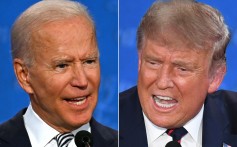
Hoo Chiew Ping, international and strategic relations expert from the National University of Malaysia said while people were still trying to understand the implications of the news, the most immediate questions had to do with governance in the US and the election.
These included whether Trump could still make decisions and run the country, or whether he would blame China even more, or if Vice-President Mike Pence would end up being the Republican candidate if Trump was not able to run.
“If he recovers well (which is most likely the case), would this mean the rhetoric that he’ll launch is likely to sway in his favour, or the reverse could happen?” he asked.
“There’s so much polarising sentiments being expressed online that they cloud our judgment about the likelihood of this outcome. There’s only so much we can tell by observing from afar.”
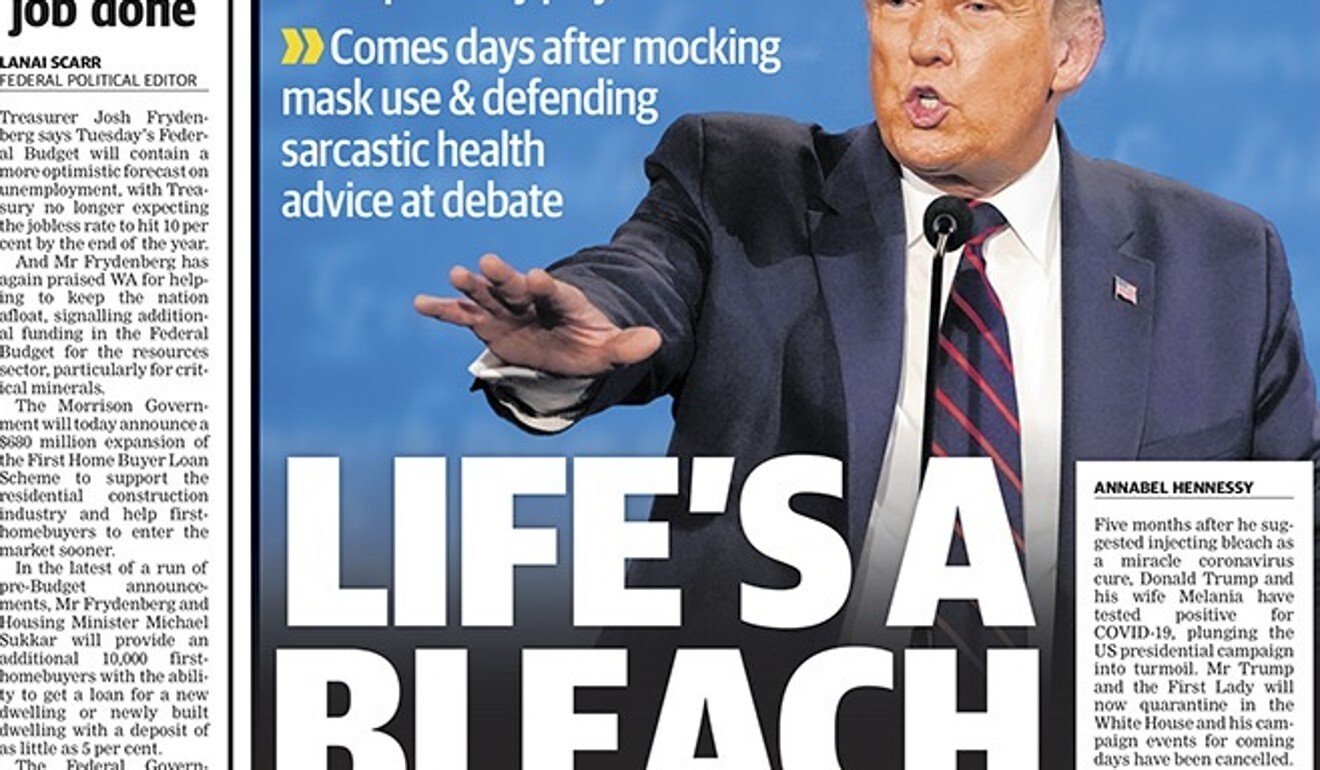
The West Australian’s cover featured a photograph of Trump along with the headline ‘Life’s a bleach’. Photo: Handout
Mustafa, the analyst based in Singapore, said Asian governments seemed eager to have Biden, the former vice-president during the Obama administration, in the White House, as Trump “has not really been keen on Asia”.
Analysts had earlier cast doubt on Trump’s commitment to the region and his absence last November from the East Asia Summit – a key regional forum attended by the 10
Asean countries and the bloc’s eight key trading partners – had been criticised.
Dylan Loh, assistant professor of public policy and global affairs at Nanyang Technological University, felt that the “best outcome” would be for Trump to make a speedy recovery.
“I think of greater concern would be the uncertainty that may arise if a leadership vacuum appears but that is of course premature given that Trump has stressed repeatedly that it is business as usual with him in charge,” he said.
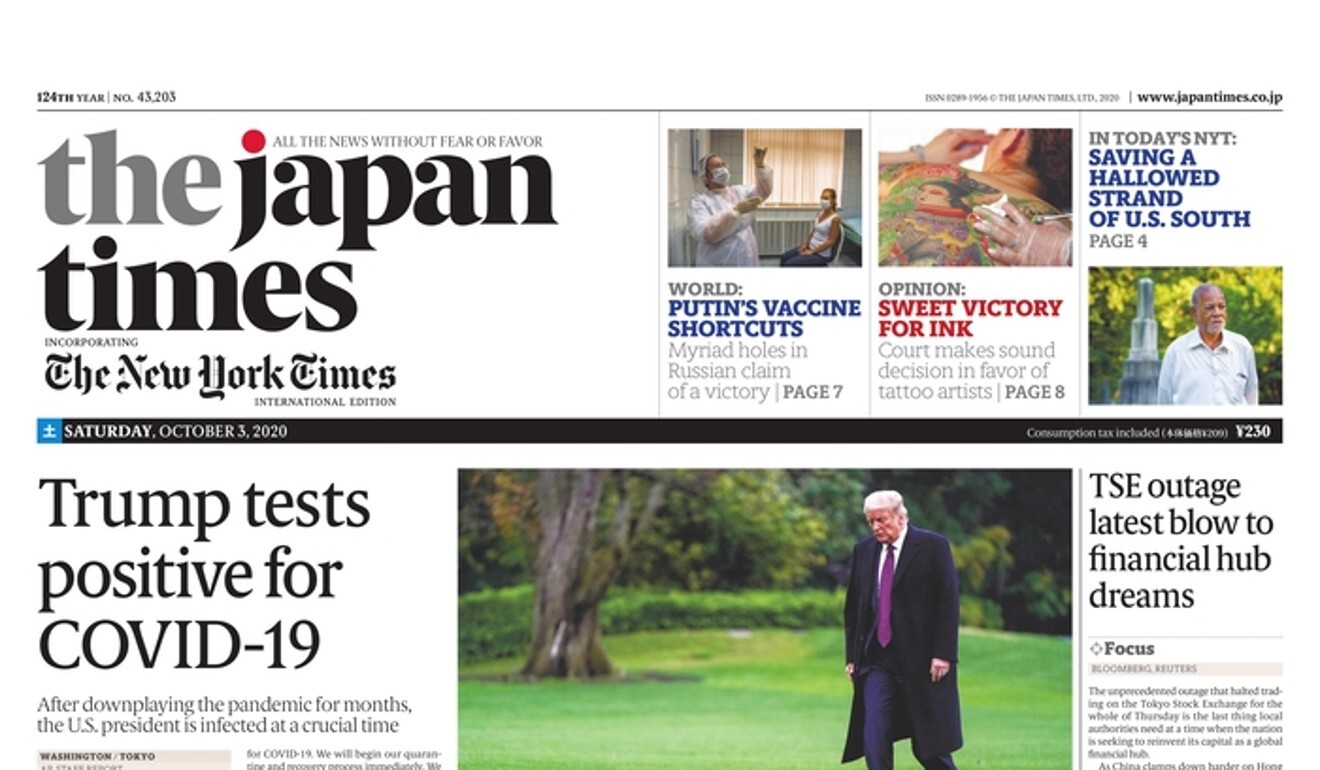
The front page of The Japan Times. Photo: Handout
While Asian governments can only wait and see what happens, ordinary citizens have been searching for more details on the fallout of Trump’s illness, especially with more White House aides, members of the press pool and senators who attended an event last week, where Trump announced the nomination of Judge Amy Coney Barrett to the Supreme Court testing positive.
According to Google Trends, searches for “Trump” peaked across the region on Friday, from Japan to Thailand and Vietnam to Malaysia, soon after the president announced that he and first lady Melania were down with the coronavirus. Hashtags including #TrumpHasCovid dominated Twitter.
The stunning news was also splashed on the front pages of Asian newspapers on Saturday morning.
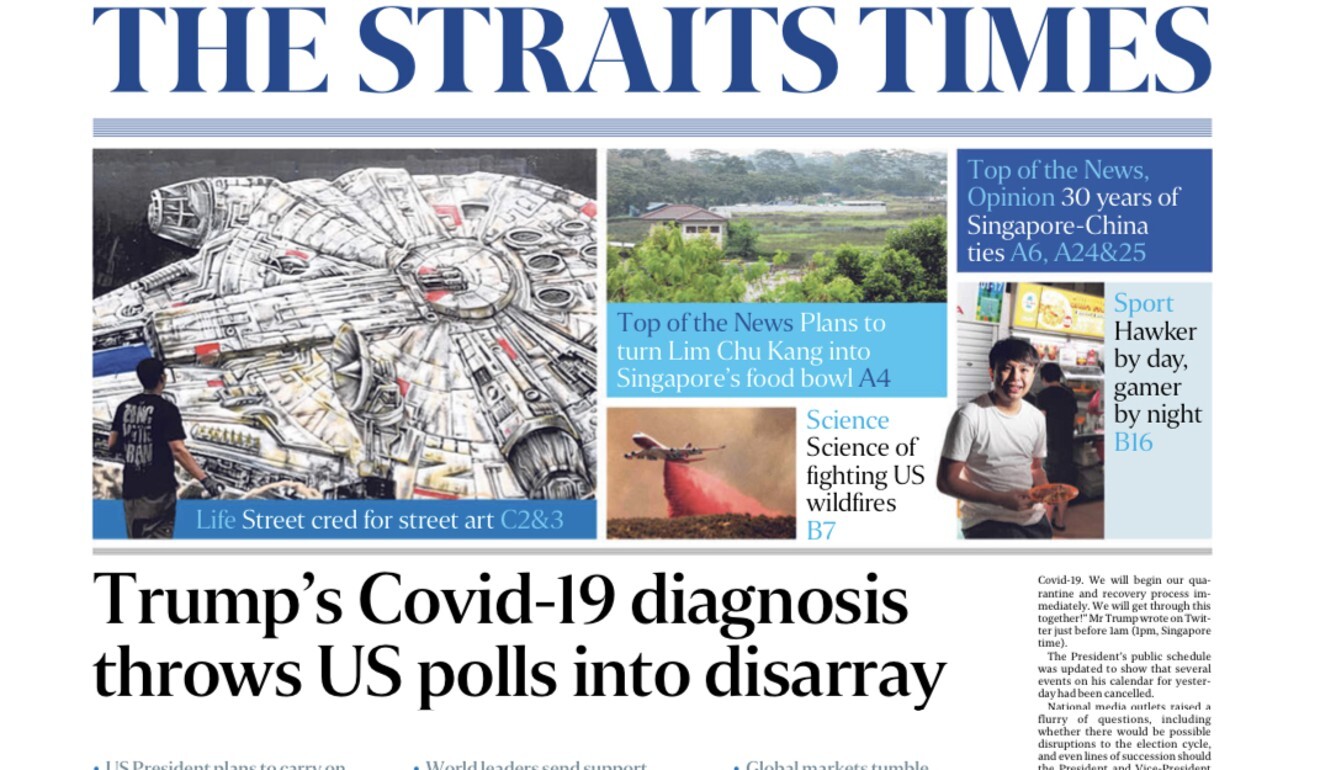
The Straits Times reported that Trump’s illness has thrown the presidential polls into disarray. Photo: Handout
Singapore’s The Straits Times wrote that the news had thrown the looming US presidential elections “into disarray”, while Indonesia’s The Jakarta Post and The Japan Times carried sober headlines on Trump’s infection.
Taiwan’s edition of tabloid Apple Daily splashed a picture of Trump across the front page, saying the news had shocked the world.
In Australia, the Perth-based tabloid The West Australian’s cover featured a photograph of Trump along with the headline “Life’s a bleach”, with sub-headings pointing out that Trump had tested positive for the virus that he “repeatedly played down” and it was only five months ago that he had “suggested ingesting bleach as a miracle coronavirus cure”.
Additional reporting by John Power and Tashny Sukumaran

Kok Xinghui is a journalist based in Singapore, covering breaking news, politics, economy and health and social issues in the city state for the SCMP. She previously worked for The Straits Times and Today.

Dewey Sim is a reporter for the Asia Desk, covering Singapore politics, economy, diplomacy as well as Sino-Singapore ties. Dewey graduated from the Wee Kim Wee School of Communication and Information. He began contributing to the Post in 2019, before joining the staff in August, 2019.
According to Google Trends, searches for “Trump” peaked across the region on Friday, from Japan to Thailand and Vietnam to Malaysia, soon after the president announced that he and first lady Melania were down with the coronavirus. Hashtags including #TrumpHasCovid dominated Twitter.
The stunning news was also splashed on the front pages of Asian newspapers on Saturday morning.

The Straits Times reported that Trump’s illness has thrown the presidential polls into disarray. Photo: Handout
Singapore’s The Straits Times wrote that the news had thrown the looming US presidential elections “into disarray”, while Indonesia’s The Jakarta Post and The Japan Times carried sober headlines on Trump’s infection.
Taiwan’s edition of tabloid Apple Daily splashed a picture of Trump across the front page, saying the news had shocked the world.
In Australia, the Perth-based tabloid The West Australian’s cover featured a photograph of Trump along with the headline “Life’s a bleach”, with sub-headings pointing out that Trump had tested positive for the virus that he “repeatedly played down” and it was only five months ago that he had “suggested ingesting bleach as a miracle coronavirus cure”.
Additional reporting by John Power and Tashny Sukumaran

Kok Xinghui is a journalist based in Singapore, covering breaking news, politics, economy and health and social issues in the city state for the SCMP. She previously worked for The Straits Times and Today.

Dewey Sim is a reporter for the Asia Desk, covering Singapore politics, economy, diplomacy as well as Sino-Singapore ties. Dewey graduated from the Wee Kim Wee School of Communication and Information. He began contributing to the Post in 2019, before joining the staff in August, 2019.
